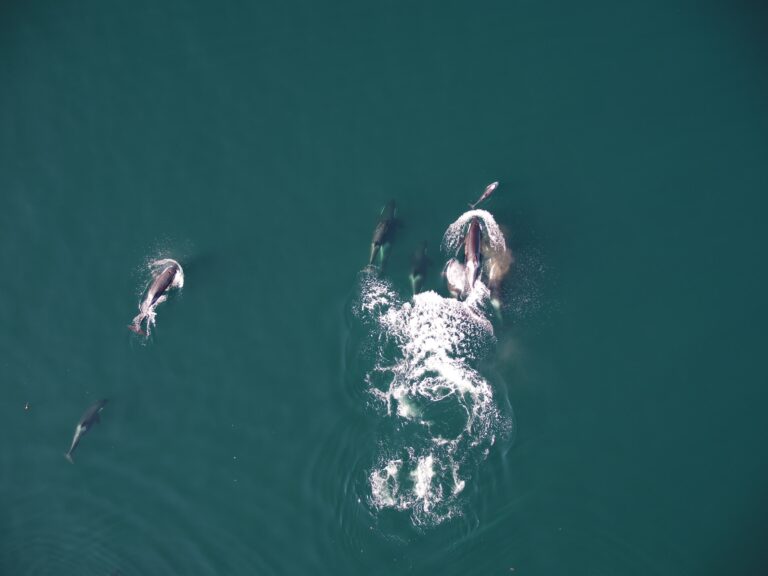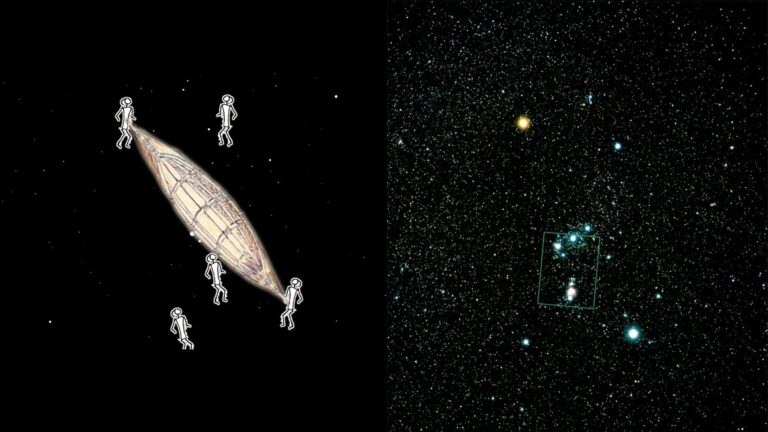Tŝilhqot’in Nation and UBC sign Memorandum of Understanding
The Tŝilhqot’in National Government (TNG) and the University of British Columbia (UBC) will be signing a memorandum of understanding (MOU) at UBC’s Vancouver campus on Wednesday.

A photo of a Tŝilhqot’in drum. The Tŝilhqot’in National Government and the University of British Columbia will be signing a memorandum of understanding on Wednesday. Credit: Laureen Carruthers
The Tŝilhqot’in National Government (TNG) and the University of British Columbia (UBC) will be signing a memorandum of understanding (MOU) at UBC’s Vancouver campus on Wednesday.
The signing demonstrates TNG’s and UBC’s commitments to lighting new paths towards reconciliation and recognition of Indigenous self-determination, in the spirit of the United Nations Declaration on the Rights of Indigenous Peoples and the advancement of UBC’s Indigenous Strategic Plan.
A key feature of the MOU is to ensure that research is undertaken with cultural safety, an approach that recognizes and addresses systemic power imbalances and fosters a culture free of racism and discrimination, thus creating a safe arena for Indigenous partners. In addition, the MOU establishes a foundation for future research collaborations that incorporate Tŝilhqot’in knowledge, community needs and sustainable environmental practices and opportunities within Tŝilhqot’in Nen (lands).
The Tŝilhqot’in Nation is comprised of six First Nation communities: Xeni Gwet’in (Nemiah Valley), Tl’etinqox (Anaham), Tl’esqox (Toosey), Yuneŝit’in (Stone), ʔEsdilagh (Alexandria) and Tŝideldel (Redstone). The Tŝilhqot’in Nation is located in central British Columbia and is the first in Canada’s history to secure a court declaration of Aboriginal Title to a portion of their homelands.
UBC has been working with TNG for several years on various research projects. Current research collaborations include projects focused on Indigenous-led environment impact assessment and Indigenous methodologies for effectively stewarding fish and waterways, wildlife monitoring, and water governance, to name a few.
In 2020, the Centre for Environmental Assessment Research (CEAR) at UBC Okanagan entered into a MOU with TNG to guide the centre’s research. This “umbrella” MOU, which applies to the broader TNG and UBC relationship, reflects the deepening connection between TNG and UBC and is endorsed by the highest levels of both parties.
Quotes
Chief Joe Alphonse, Tŝilhqot’in National Government —
“An establishment like UBC is one of the founding universities in British Columbia and it’s important that institutions are recognizing the importance of working with the Tŝilhqot’in National Government. This is encouraging for us all as universities become open to altering their deeply ingrained western systems to include and weave in traditional knowledge, traditions, ways of being, and worldviews.
We hold our hands up to UBC who have engaged with us respectfully as a Nation and we are proud to partner in this important work. Over the years, we have been developing a relationship with UBC that respects and acknowledges the importance of Tŝilhqotin traditional knowledge.
Our hope in signing this MOU is that it will foster an environment that encourages our people to study in these areas of research. We are shaping together a future where our Tŝilhqot’in traditional knowledge is respected and applied. Not only do we want this MOU to encourage Tŝilhqotin People, our hope is that it encourages UBC, and all British Columbians and Canadians, to learn our Tŝilhqot’in ways of being so that it can be applied and shift mainstream systems to be more inclusive.”
Chief Jimmy Lulua, Tŝilhqot’in National Government —
“This MOU sets a path forward where our Nation is an equal and valued partner in the area of research. It provides a space for Indigenous knowledge to thrive and be respected in academia. It is a significant step forward because it is a space that Indigenous people, along with our culture and traditional ways, have too often been cut out of. We sign this MOU today to take the steps necessary for change. The MOU takes into account the importance of our Indigenous knowledge and respects our rights to self-determination to manage our Tŝilhqot’in Nen (lands).”
UBC President and Vice-Chancellor Santa J. Ono —
“On behalf of UBC, I am honoured to be entering into this MOU and further strengthening our relationship with the Tŝilhqot’in National Government. We are grateful for the opportunity to learn from the knowledge and experience of our Tŝilhqot’in colleagues and we look forward to exploring new collaborative approaches to research that are of value to Tŝilhqot’in communities. I hope that other institutions will look to this MOU as a model for safe, respectful, and mutually beneficial relationships between academia and Indigenous peoples.”
Event: Official signing of the TNG-UBC Memorandum of Understanding
Date/Time: Wednesday, Dec. 8, 10:00–11:30 a.m.
Location: Jack Poole Hall, Robert H. Lee Alumni Centre (6163 University Blvd., Vancouver, B.C.)
Interview language(s): English
Note to Editors: Members of the media who wish to attend the ceremonial signing are asked to register by contacting media.relations@ubc.ca. Photos of the signing will also be available shortly after the event.



